- Birdhouses and Feeders
- Foliage and Plants
- Outdoor Light Fixtures
- Mailbox Mounts
- Fake Rocks
- Fence Post Caps
- Garden Ornaments
- Eave and Roof Overhangs
- Prevent Vandalism
- Discreet Monitoring
- Gathering Evidence
- Enhanced Security
- Maintaining Aesthetic Appeal
- Privacy Concerns
8 Camouflage Ideas for Outdoor Security Cameras
Why Do You Need to Hide Security Cameras?
In an age where security concerns are paramount, having a surveillance system in place has become a necessity for many homes and businesses. However, overt security cameras can be a double-edged sword. While they serve as a deterrent to potential intruders, they can also be vandalized or avoided if spotted. This is where hidden security cameras come into play.In this guide, we will explore the best ideas of 2024 for camouflaging your security cameras, delve into the reasons behind hiding them, and discuss the legal implications of recording others without their knowledge.
8 Camouflage Ideas for Outdoor Security Cameras
Finding the perfect spot to hide your outdoor security cameras can significantly enhance their effectiveness. Here are 8 DIY hidden camera ideas to help you discreetly monitor your property in 2024, ensuring that your cameras blend seamlessly with their surroundings.
1. Birdhouses and Feeders
One of the most ingenious ways to hide a security camera is within a birdhouse or feeder. These structures blend seamlessly into outdoor environments, providing a perfect cover for your camera. Ensure the lens has a clear view while keeping the birdhouse functional to maintain its disguise.

2. Foliage and Plants
Utilizing the natural environment is a classic method for concealing cameras. Position your camera amidst thick foliage or within potted plants. Artificial leaves and vines can also be used to create a camouflaged effect that hides the camera lens while offering a broad field of view.

3. Outdoor Light Fixtures
Cameras integrated into outdoor light fixtures serve a dual purpose. They provide illumination while discreetly monitoring the surroundings. These fixtures are common and inconspicuous, making them an excellent choice for stealth surveillance.

4. Mailbox Mounts
Installing a camera within or on a mailbox can offer an unobstructed view of your driveway and entrance. Modern mailboxes with built-in compartments can house cameras without drawing attention, blending functionality with security.

5. Fake Rocks
Specially designed fake rocks with hidden compartments for security cameras are available on the market. These rocks can be placed strategically around your property, providing a covert surveillance option that remains undetected.

6. Fence Post Caps
Fence post caps are another clever spot for hidden cameras. These caps can house small cameras, allowing for surveillance along the perimeter of your property. Ensure the cap blends with the rest of the fence to avoid detection.

7. Garden Ornaments
Garden gnomes, statues, and other ornaments can be modified to contain security cameras. These items are commonly found in gardens and can be strategically placed to monitor different areas without arousing suspicion.

8. Eave and Roof Overhangs
Installing cameras under the eaves or roof overhangs provides a high vantage point and keeps the cameras hidden from plain sight. This method offers a wide viewing angle and protects the camera from harsh weather conditions.

Why Do You Need to Hide Security Cameras?
While the visible presence of security cameras can deter potential intruders, there are situations where concealing them is more beneficial. Hidden cameras can provide unobtrusive monitoring, prevent tampering, and capture genuine behavior. Below are some specific scenarios where hiding security cameras is advantageous.
Prevent Vandalism
Hidden cameras are less likely to be tampered with or destroyed by intruders. By keeping cameras out of sight, you ensure continuous surveillance, reducing the risk of your security system being compromised by vandalism or interference. This added layer of protection helps maintain the integrity and effectiveness of your security measures over time.
Discreet Monitoring
In situations where overt surveillance might affect behavior, hidden cameras allow for unobtrusive monitoring. This is particularly useful in sensitive areas such as offices, retail spaces, or homes, where you need to observe activities without drawing attention to the surveillance. Discreet monitoring helps capture genuine interactions and behaviors.
Gathering Evidence
In cases of theft, vandalism, or other misconduct, hidden cameras can capture crucial evidence without the subject being aware. This discreet approach can be invaluable during investigations, providing unaltered footage that can support legal actions. Hidden cameras ensure that evidence is gathered without influencing the behavior of the individuals being recorded.
Enhanced Security
Concealed cameras add an element of surprise, making it harder for intruders to avoid detection. By keeping the cameras hidden, you can capture genuine behavior and increase the chances of identifying and apprehending wrongdoers. The unexpected presence of hidden cameras enhances overall security and improves the effectiveness of your surveillance system.
Maintaining Aesthetic Appeal
Visible cameras can detract from the visual appeal of your property. Hidden cameras preserve the aesthetic integrity of your home or business, ensuring that security measures do not interfere with the overall design and appearance. This allows you to maintain a welcoming and attractive environment while still ensuring comprehensive surveillance.
Privacy Concerns
In areas where visible cameras might make guests, employees, or family members uncomfortable, hidden cameras offer a way to maintain security without infringing on personal comfort. This approach balances safety and privacy, promoting a sense of ease and trust among individuals who frequent the monitored area, while still providing effective surveillance.
Is It Illegal to Record Others Without Telling Them?
Understanding the legal boundaries of surveillance is crucial to avoid potential legal issues. This section outlines the legal considerations surrounding the recording of others without their knowledge, helping you navigate the complexities of privacy laws and ensuring your surveillance activities remain compliant.

When It's Legal
-
Own Property
Generally, you have the right to install and use security cameras on property you own. This includes recording activities in public areas of your property, such as driveways, front yards, and common areas within your home or business premises. However, even on your own property, it's important to avoid areas where individuals have a reasonable expectation of privacy, such as bathrooms and bedrooms. Additionally, some states have specific laws requiring that residents or employees be notified about surveillance inside a home or business.
-
Public Spaces
Places like parks, streets, and other open areas are generally considered fair game for surveillance because they are open to the public and there is no expectation of privacy. However, care should be taken to ensure that the cameras do not capture activities on private property adjacent to these public spaces.
-
Notification
In some jurisdictions, providing clear notification that surveillance is taking place can make recording legal. This can be achieved by posting signs indicating the presence of cameras, ensuring that individuals are aware they are being recorded. This is particularly important in semi-public places like stores, offices, and other business premises. By notifying individuals of the surveillance, you reduce the likelihood of legal repercussions and enhance transparency. Notification signs should be clear, visible, and placed at all entrances and key areas where cameras are in use.
When It's Illegal
-
Private Areas
Recording in private areas where individuals expect privacy, such as bathrooms, bedrooms, and changing rooms, is generally illegal. These areas are considered off-limits for surveillance due to the high expectation of privacy. Installing cameras in these locations can result in severe legal consequences, including criminal charges and civil lawsuits. Privacy laws are stringent in these settings to protect individuals' personal spaces and intimate moments. It's crucial to respect these boundaries and avoid any form of surveillance in such private areas.
-
Without Consent
Many jurisdictions have laws against recording audio without the consent of all parties involved. These wiretapping laws vary, with some requiring the consent of at least one party (one-party consent states) and others requiring the consent of all parties involved (two-party or all-party consent states). Recording audio without the necessary consent can lead to significant legal penalties, including fines and imprisonment. These laws are designed to protect individuals' privacy in conversations and ensure that people are aware when they are being recorded. It's essential to be familiar with the specific requirements of your jurisdiction to ensure compliance.
-
Employment Settings
Employers must be cautious when placing hidden cameras in the workplace. Monitoring areas like break rooms, private offices, or other non-public spaces without employee consent can lead to legal issues and potential breaches of privacy laws. In many jurisdictions, employees have the right to know if they are being monitored. Failing to inform employees about surveillance can result in lawsuits, labor disputes, and negative impacts on workplace morale. Transparent policies and clear communication about the presence and purpose of surveillance cameras are critical in maintaining legal and ethical workplace practices.

Legal Advice
Navigating the complexities of surveillance laws can be challenging. It is essential to consult with a legal professional to ensure that your surveillance activities comply with local laws and regulations. This proactive approach can help you avoid potential legal pitfalls and ensure that your security measures are both effective and lawful.
Conclusion
While hiding security cameras can significantly enhance the effectiveness of your surveillance system by preventing tampering, maintaining aesthetics, and ensuring discreet monitoring, it's crucial to understand and adhere to the legal boundaries of recording. By employing innovative camouflage techniques and staying informed about privacy laws, you can secure your property effectively and responsibly.
More Tips for Your Family and Home Security:
-
If my neighbor’s security camera is recording me, can I block it? And How?
-
If you notice these signs, your house might be being watched by robbers.
-
How can I detect if there is a spy camera in my apartment?
-
I want to install a security system, but I’m not sure how many security cameras do I need.






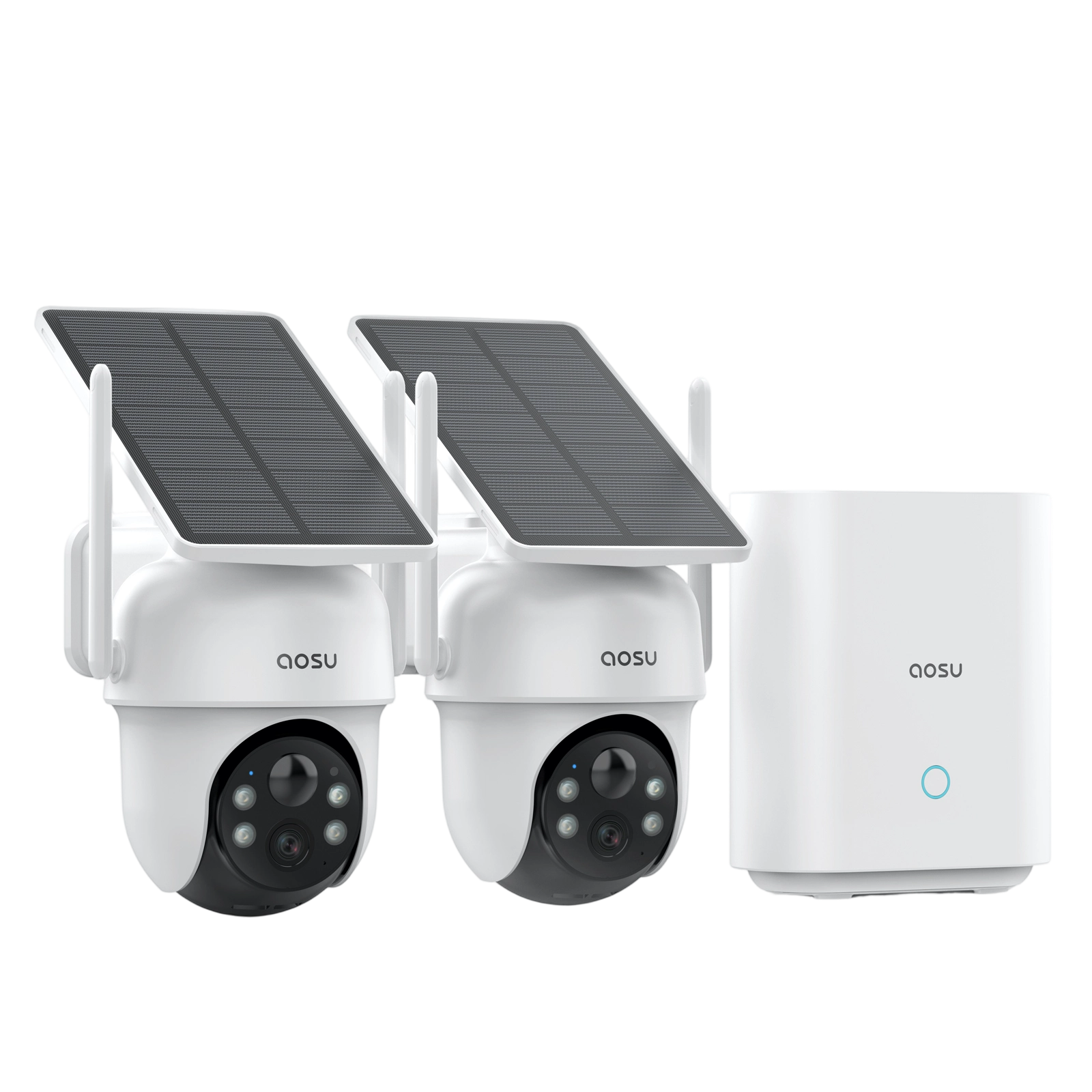
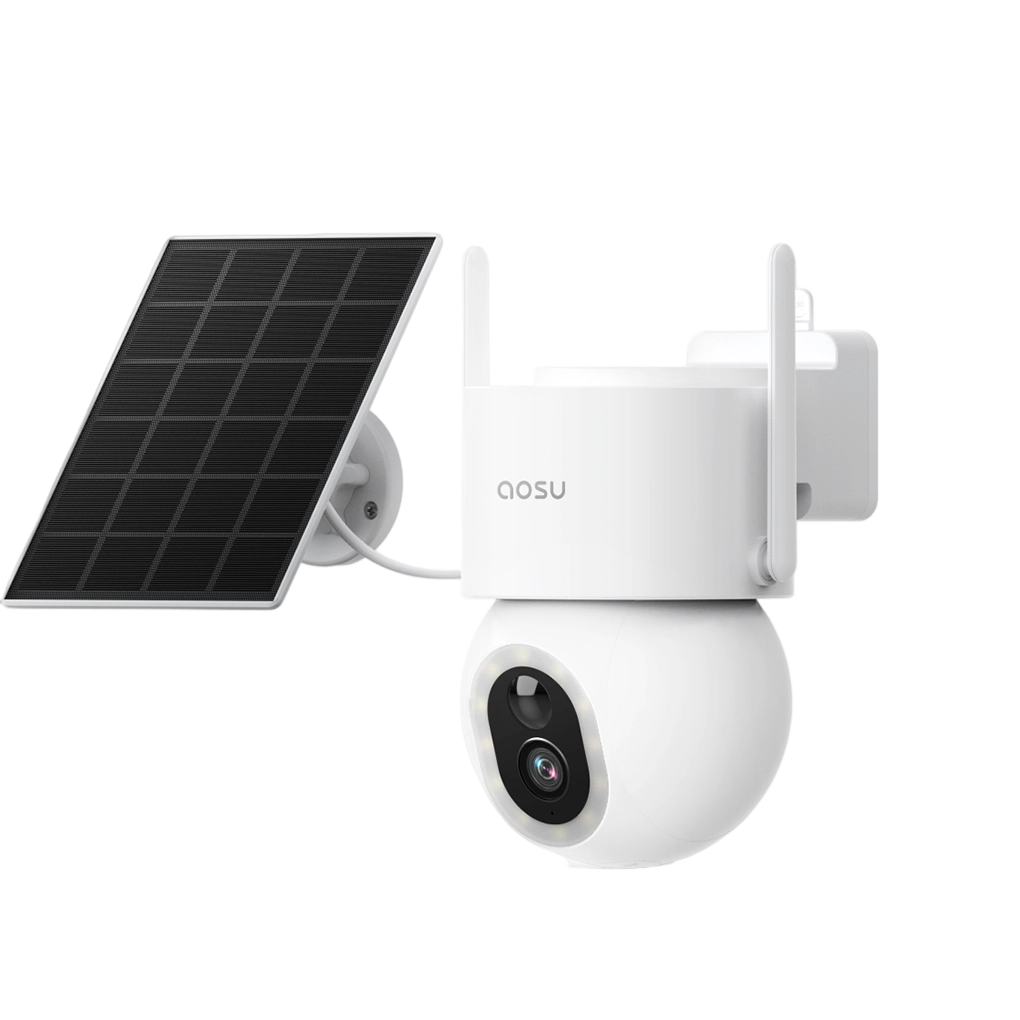
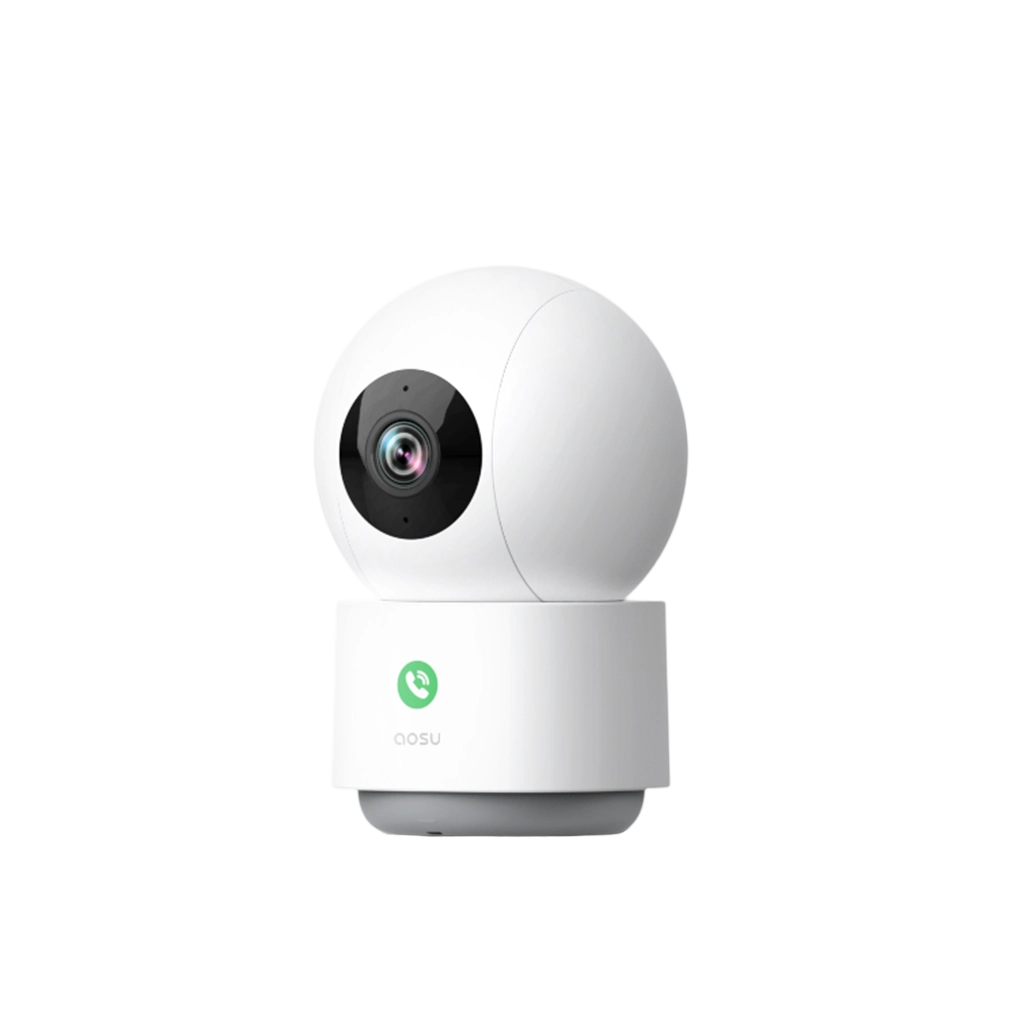
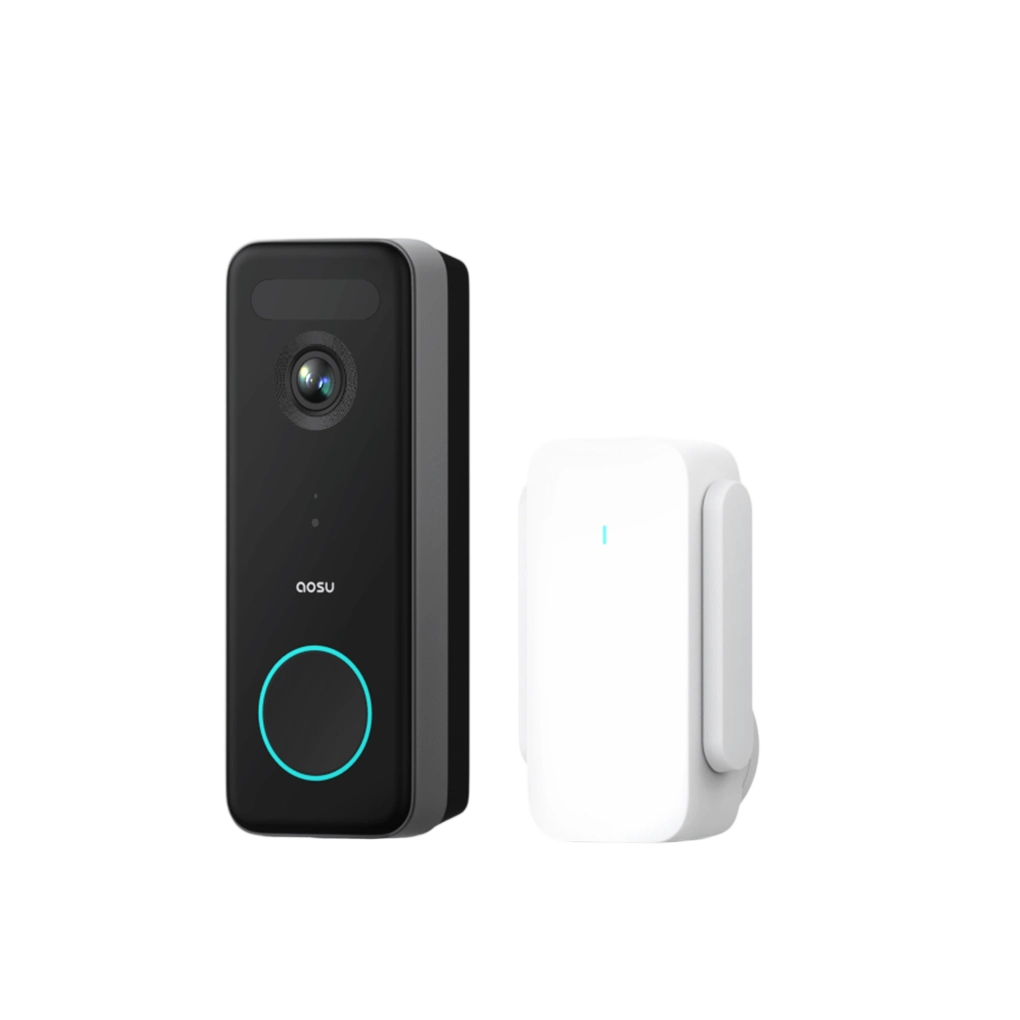
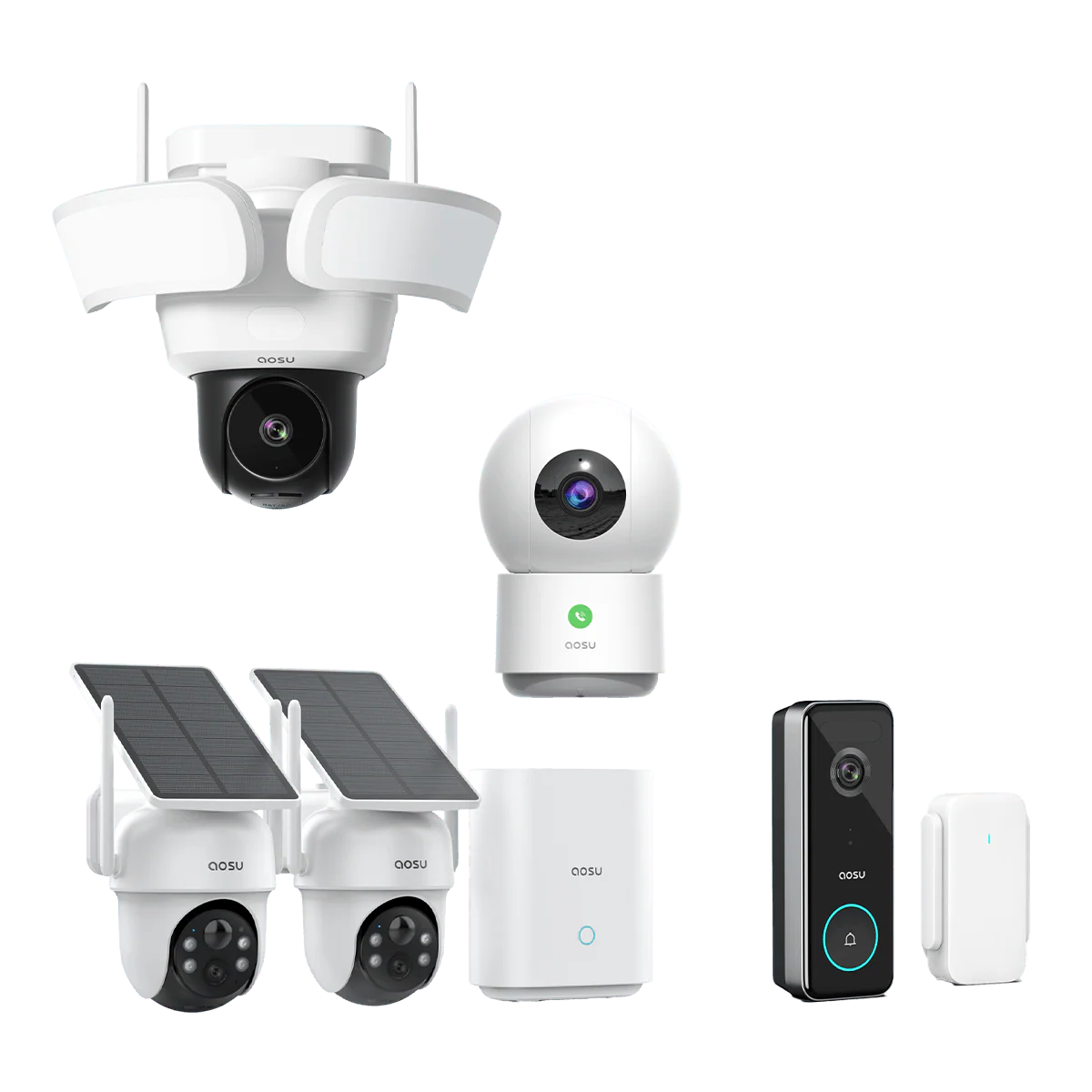
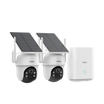
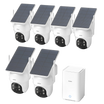
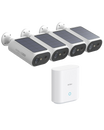

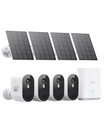
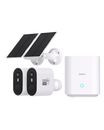
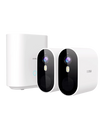
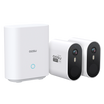



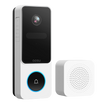
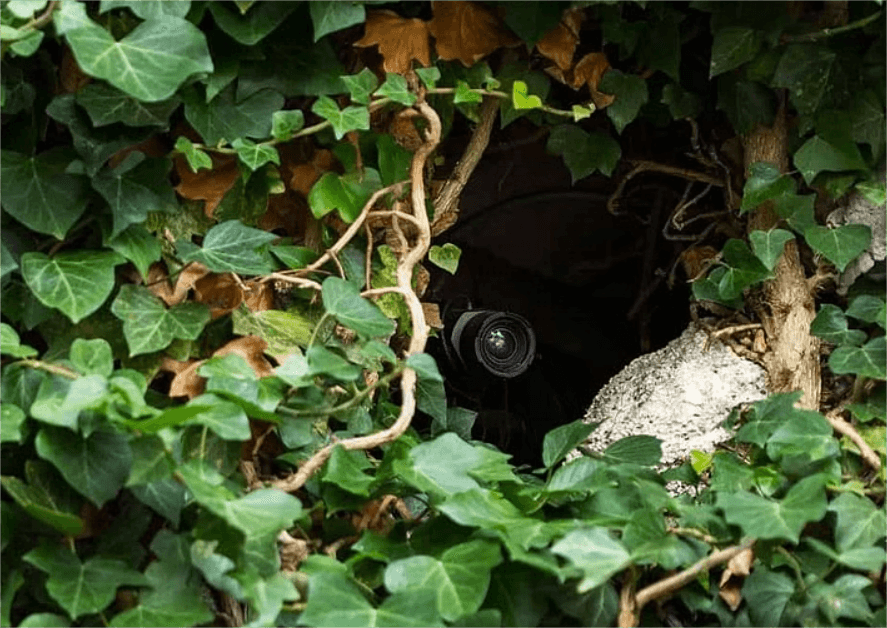
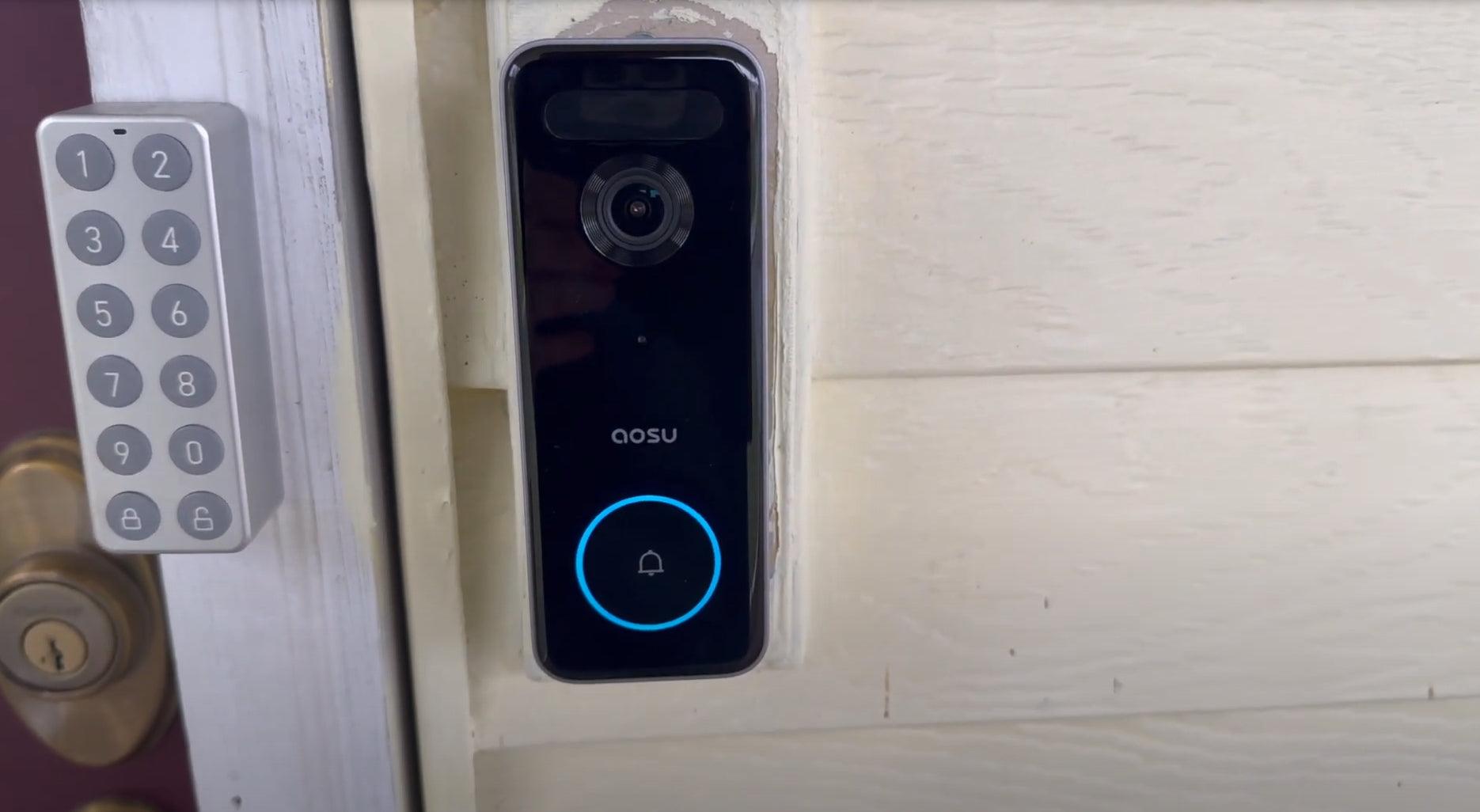
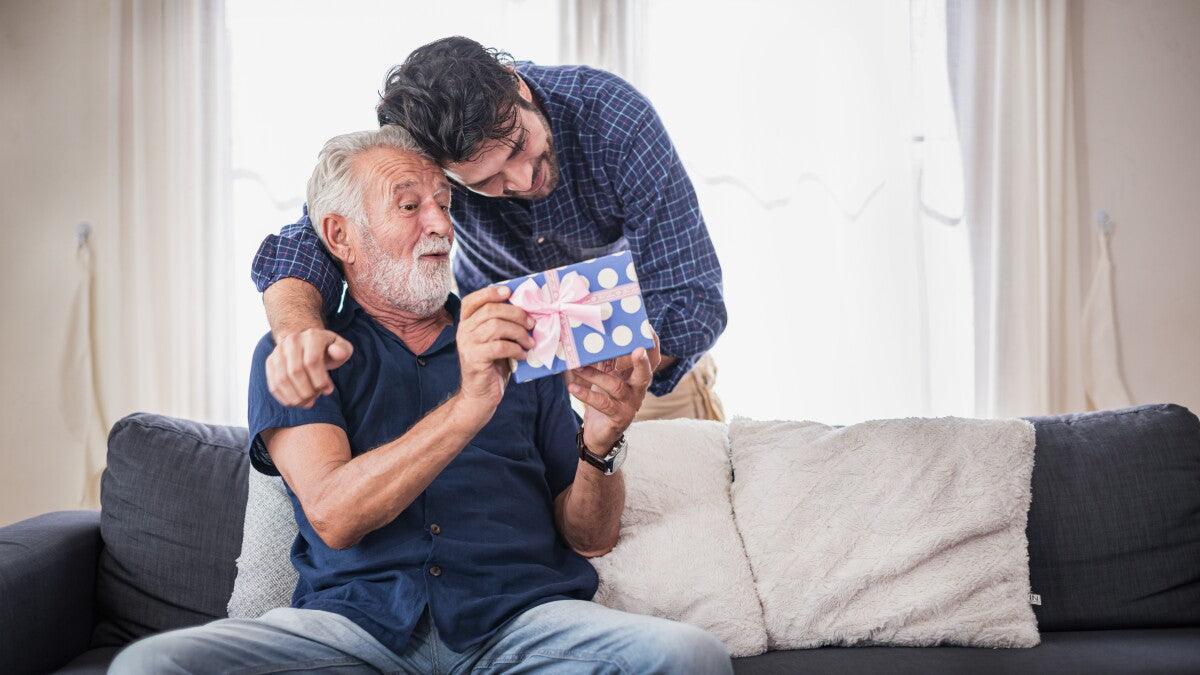

Zostaw komentarz
Ta strona jest chroniona przez hCaptcha i obowiązują na niej Polityka prywatności i Warunki korzystania z usługi serwisu hCaptcha.